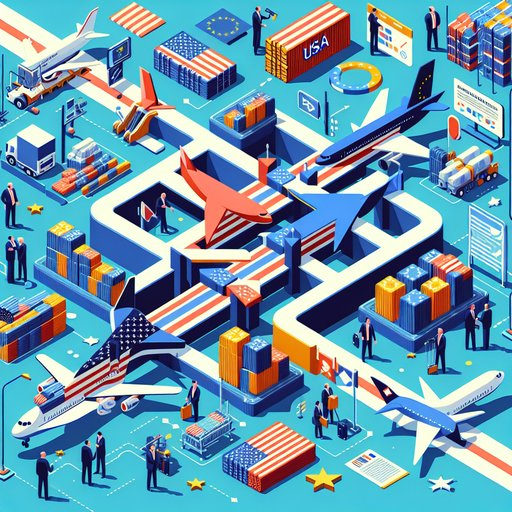
A significant development in EU-US trade relations has emerged as the United States postpones the implementation of its proposed 15% tariff rate on European Union exports. According to [1], both parties have agreed to extend negotiations for another week, signaling potential progress in resolving their trade disputes.
The ongoing trade discussions have captured the attention of businesses across Europe, with Finnish companies maintaining their optimism despite the looming tariff threats. [2] reports that Finnish export firms continue to show strong interest in the US market, demonstrating resilience in the face of trade uncertainties and highlighting the importance of transatlantic business relationships.
European Commissioner for Trade and Economic Security, Maros Sefcovic, has provided insights into the situation, suggesting that the recent developments in US tariffs reflect the initial outcomes of the EU-US trade negotiations. As reported by [3], these developments indicate progress in the ongoing dialogue between the two economic powers.
The trade discussions have broader implications for specific sectors, including aviation. In Ireland, concerns have emerged regarding potential reciprocal restrictions on transatlantic aviation. [4] warns that Dublin Airport's passenger cap could trigger retaliatory measures from the US administration, adding another layer of complexity to the trade relationship.
The recent trade negotiations in Scotland have marked a significant shift in transatlantic relations, though perspectives on the outcomes vary. While some sources emphasize the positive aspects of continued dialogue, others express concerns about the long-term implications of the trade arrangements being discussed.
- Negotiation on EU-US trade deal continues, with tariffs pushed back for another week
- Survey: Finnish companies still eager to enter US market despite tariff threat
- Sefcovic: US tariffs show first results of EU-US deal
- Warning Dublin Airport passenger cap could unleash ‘reciprocal’ Trump transatlantic aviation restrictions
























